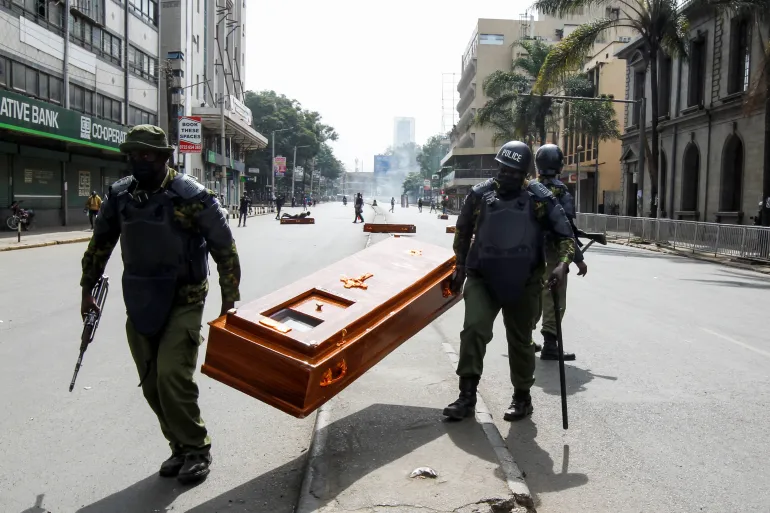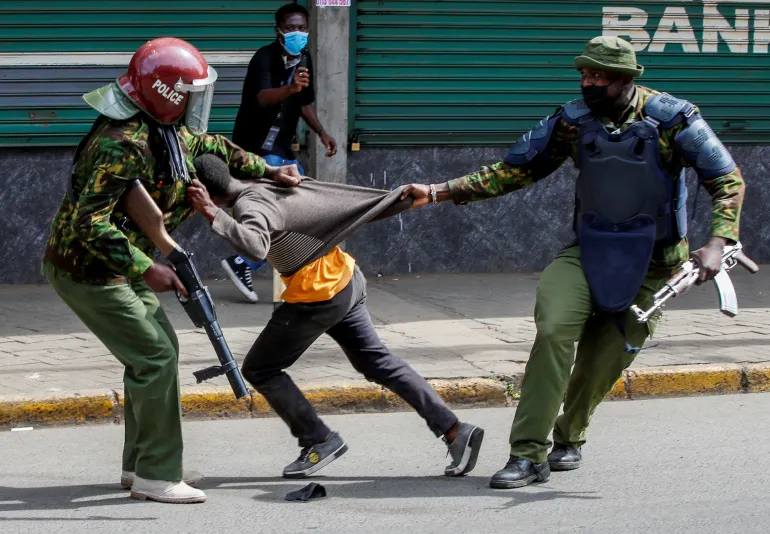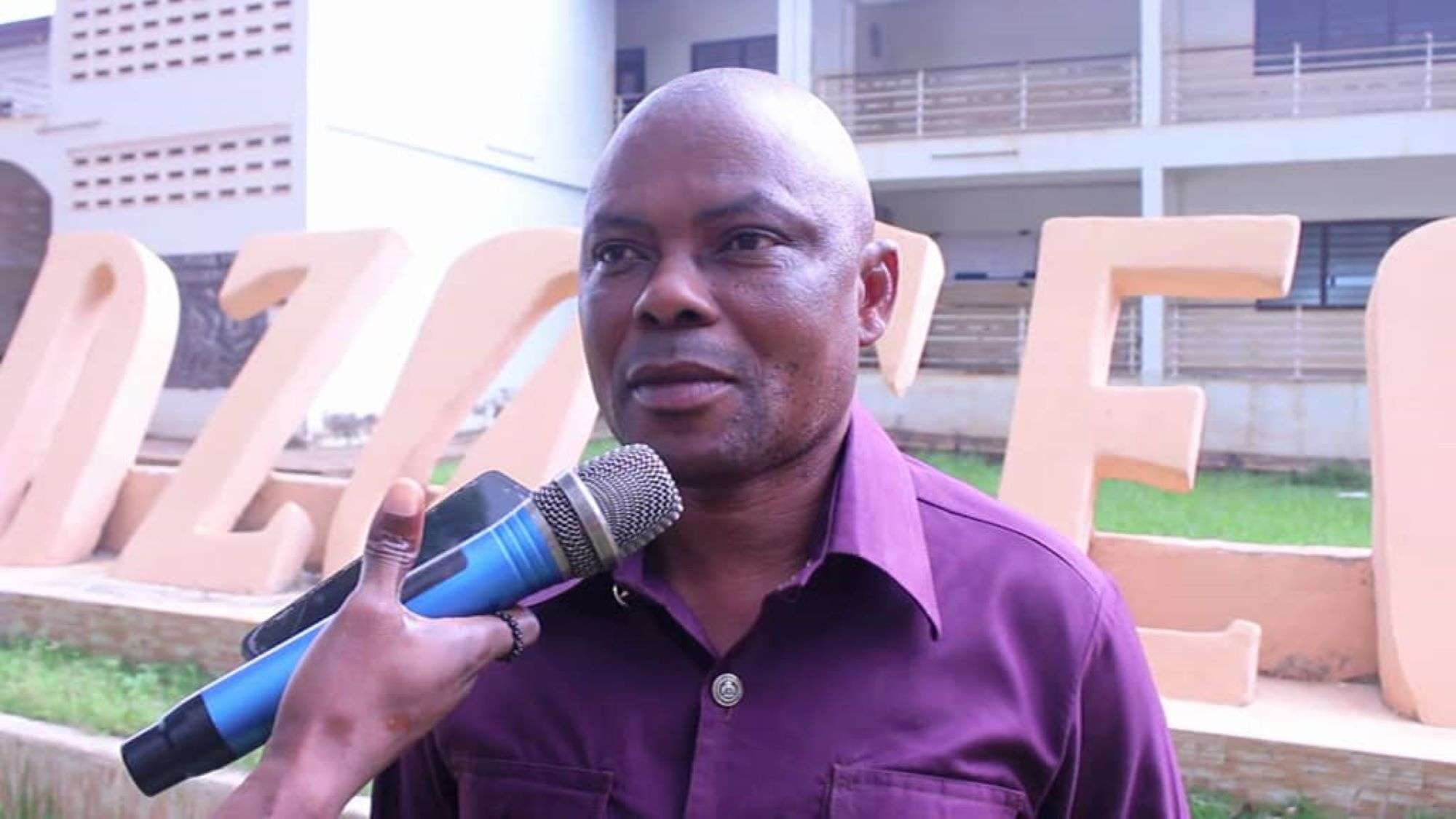Police have fired tear gas and water cannon at protesters across Kenya as demonstrations against a controversial finance bill continue, even after the president said he would not sign it.
In the capital city, Nairobi, riot police fired tear gas and charged at protesters on Tuesday..
Hundreds of protesters marched through Mombasa, Kenya’s second-largest city. Some carried palm fronds, blew on plastic horns and beat on drums, chanting “Ruto must go!”
There were smaller rallies in the cities of Kisumu, Nakuru and Nyeri.
The protests are the most widespread unrest since dozens of protesters were killed in clashes a week ago. They appear to signal that President William Ruto has failed to appease the youth-led protest movement, despite abandoning plans for tax rises that triggered the unrest last month.
Reporting from Nairobi, Al Jazeera’s Catherine Soi said there had been a “running battle” between police and protesters in the city. She said many of the protesters condemned police brutality.
“That was the theme of today: The protesters say that they were coming here to give their grievances when it comes to police brutality,” she said. “They’re very angry, and they’re saying that the police have to be held accountable.”
On Monday the Kenya National Human Rights Commission said that at least 39 people had been killed at the protests, which began on June 18.
Most of the deaths took place on June 25, when police opened fire as crowds tried to storm the parliament complex in central Nairobi, after legislators voted on the bill.

The commission said at least 361 people have been injured at the demonstrations, in what it described as “excessive and disproportionate” police force.
While Ruto withdrew his support for the bill a day after it was passed, the move has done little to stem the anger among the protest movement.
Many protesters fear the president could still sign the legislation before it officially expires next week.
Protesters say little trust in Ruto
On Sunday, Ruto responded to the protest death toll during a television interview, although he cited a lower figure of 19 protesters killed.
The president, who took office in September of 2022, defended his decision to call in the security forces to respond to what he described as “criminals” and maintained he did not have “blood on my hands”.
The comments provoked anger among protesters, according to Al Jazeera’s Soi.
“People are saying that he was not remorseful enough,” Soi said. “They have also said that the president needs to do more because he’s not listening to the people.”
The government had previously said tax increases were necessary to service a massive public debt of about 10 trillion shillings ($78bn).
In Sunday’s interview, Ruto warned that the government would have to borrow another $7.7bn because of the decision to drop the tax bill.
“People are dying in the streets and the only thing he can talk about is money. We are not money. We are people. We are human beings,” protester Milan Waudo told the Reuters news agency in Mombasa.
“He needs to care about his people, because if he can’t care about his people then we don’t need him in that chair,” Waudo added.
Opposition leader Raila Odinga, the runner-up in the last four presidential elections, has also seized on the protests, despite the urging from some protesters for politicians to stay away.
“The youth have given our country its last best chance,” Odinga’s ODM party said in a statement.
“We either seize it and swim with it by implementing all their demands, or we ignore it and sink the country altogether.”










